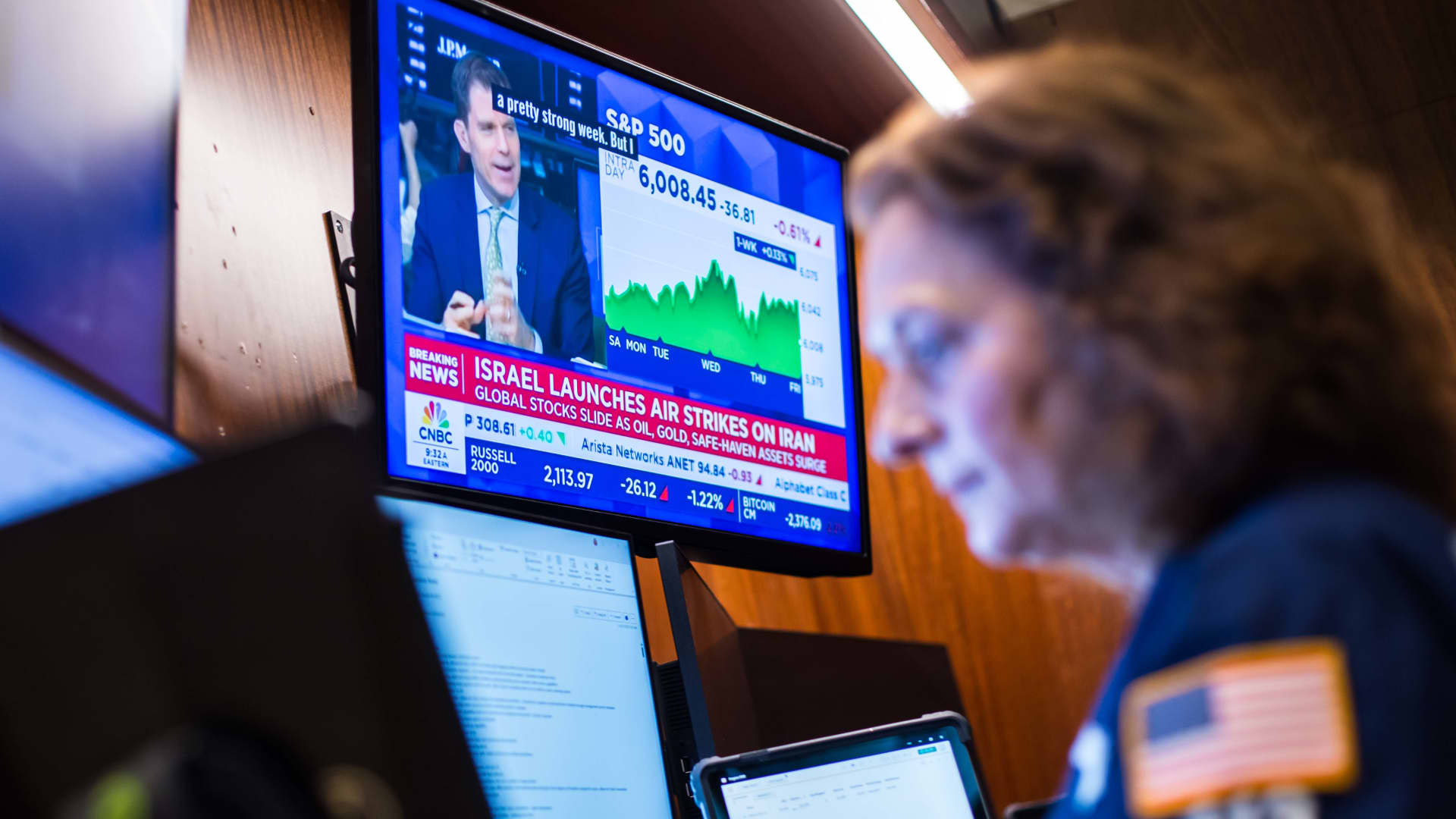Egg prices soared by more than 15% in January. (iStock)
Annual inflation increased to 3% in January, rising above expectations and giving the Federal Reserve further reason to slow down interest rate cuts.
Inflation increased 0.5% monthly, slightly exceeding expectations and above the previous month’s increase of 0.4%, according to the Consumer Price Index (CPI) released by the Bureau of Labor Statistics (BLS). Core CPI, which excludes food and energy, rose by 0.4% in January, coming in at the same level as December’s increase. This brought the year-over-year rate to 3.3%.
Shelter costs rose 0.4% and were the most significant contributor to the monthly increase in January, accounting for nearly 30% of the monthly increase in all items. Gas was up 1.8% over the month. Food prices continued to rise, increasing 0.4% last month. The food at home index rose 0.5%, driven primarily by the soaring costs of eggs, which increased 15.2% in January.
“The unexpected acceleration in inflation marks the third consecutive monthly uptick in the consumer price index and extends a reflationary trend since two consecutive flat months for the index in May and June 2024,” Jim Baird, Plante Moran Financial Advisors’ chief investment officer, said in a statement. “Against a backdrop of solid demand, inflation has accelerated. It’s a reality that may spook consumers who remember the Covid-19 era price spike all too well.
“It will also make President Trump’s proposed import tariffs a tougher sell than was the case during his first term, when both inflation and interest rates were exceptionally low,” Baird continued.
If you are struggling with high inflation, you could consider taking out a personal loan to pay down debt at a lower interest rate, reducing your monthly payments. Visit Credible to find your personalized interest rate without affecting your credit score.
SENIORS TO GET MODERATE COST OF LIVING BUMP IN SOCIAL SECURITY PAYMENTS NEXT YEAR
The Fed pauses on further rate cuts
The increase in inflation, combined with a stable jobs market and economic growth, has given the Federal Reserve more room to work.
The Federal Reserve held interest rates at 4.5% to 4.75% in January, prompted by strong economic indicators that gave the central bank more room to wait. Federal Reserve Chair Jerome Powell said that the central bank intend to remain cautious about additional rate cuts so long as the job market remains solid and prices continue to climb.
“The murkiness of evolving trade policy creates a significant unknown for Fed policymakers who will have to grapple with the potential conflicting policy challenges of slower real growth and higher inflation,” Baird said. “While even bearish forecasts are a far cry from the stagflationary environment of the 1970s, the playbook would seemingly still apply.
“Arresting inflation is likely to remain the priority for the Fed, even at the expense of near-term growth,” Baird said. “The fear of inflation expectations becoming unanchored is just too much for policymakers to ignore.”
You can take out a personal loan before future rate hikes to help pay down high-interest debt. Visit Credible to find your personal loan rate without affecting your credit score.
FHFA ANNOUNCES HIGHER MORTGAGE LOAN LIMITS FOR 2025
How higher for longer impacts your wallet
All signs point to the Fed holding interest rates higher for longer, which means consumers will continue to be impacted by stubbornly elevated interest rates impacting a range of credit products, including credit cards, mortgages, unsecured personal loans and auto loans, according to Charlie Wise, TransUnion’s senior vice president of research and consulting.
“Consumers should avoid building and carrying large credit card balances, particularly in light of very high interest rates on this type of debt, and whenever possible pay more than the monthly minimums due on their cards,” Wise said in a statement.
Additionally, Wise advised that consumers keep a close watch on their credit profiles and keep them in the best shape possible so that when rates finally drop to a more manageable level, they are ready to refinance their existing debts into more affordable loans.
Using a personal loan to pay off high-interest debt at a lower rate could help you reduce your expenses and put money back in your wallet. You can visit Credible to find your personalized interest rate today.
BIDEN CANCELS MORE STUDENT LOANS WITH ONE WEEK LEFT TO HIS TERM
Have a finance-related question, but don’t know who to ask? Email The Credible Money Expert at [email protected] and your question might be answered by Credible in our Money Expert column.

 Economics1 week ago
Economics1 week ago
 Economics1 week ago
Economics1 week ago
 Economics7 days ago
Economics7 days ago
 Finance1 week ago
Finance1 week ago
 Blog Post1 week ago
Blog Post1 week ago
 Economics1 week ago
Economics1 week ago
 Personal Finance7 days ago
Personal Finance7 days ago
 Economics1 week ago
Economics1 week ago












